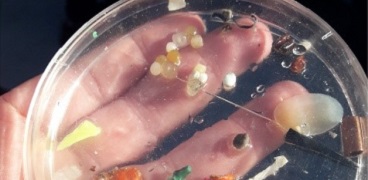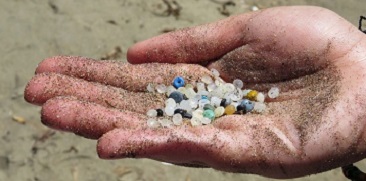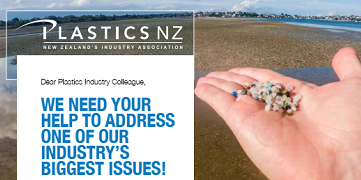Litter & Marine Waste
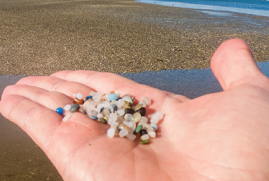
We hear in increasing frequency, that seabirds, turtles and fish are ingesting a wide variety of plastic items that are killing them or affecting their health. This is caused by a combination of litter in the form of used plastic consumer products (eg bottles, caps, containers) and resin pellets (used to make plastics) which enter the waste stream and the oceans.
Whilst consumers are responsible for the proper disposal of the products they use, the plastics industry takes responsibility for the proper containment of the products we use - plastic pellets, the basic raw material of our industry.
Plastics NZ believes that every plastics manufacturer and distributor must prevent the pellets from entering waterways that eventually lead to the sea. Employees need to be educated on how to properly handle and dispose of plastic pellets with the goal of zero pellet loss.
This is why the plastics industry has developed Operation Clean Sweep. The Operation Clean Sweep (OCS) Manual (which can be downloaded below) helps operators in the plastics industry to reduce the loss of pellets to the environment. The manual enables operators to audit their own sites and provides advice on establishing procedures to prevent pellet loss into the environment.
Reducing pellet lose results in the following benefits:
- A tidier site – important for staff morale and customer image
- Fewer slips and falls on spilt material – a common cause of injuries in the plastics industry
- Environmental protection - whether they're handled in a Hamilton plant or a coastal facility, pellets get into stormwater drains that lead to rivers and oceans. Once in these natural environments they cause litter problems and are a threat to aquatic life.
- Reduce your compliance risk – Councils monitor waterways for pollution and can trace spilt material back to industrial sites. This can sometimes result in fines or legal action.
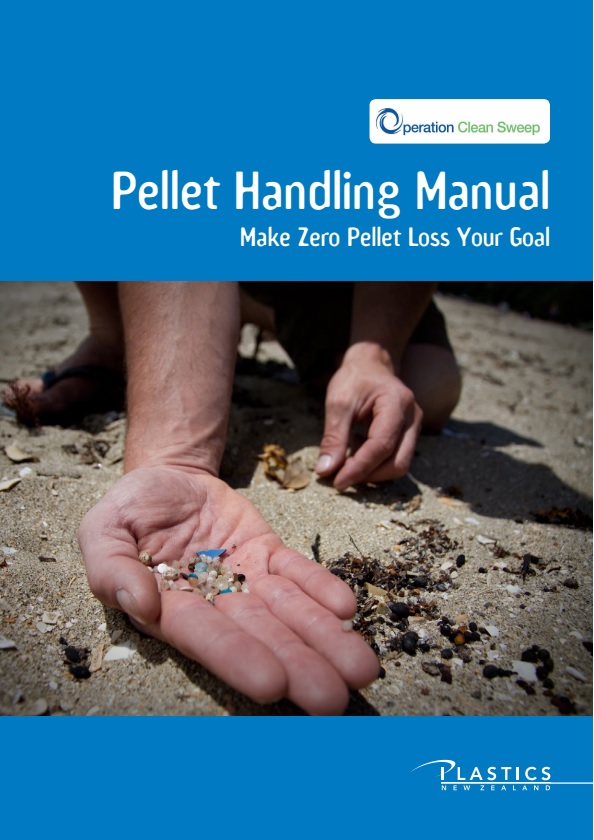
Download the Operation Clean Sweep Manual
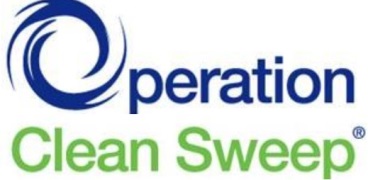
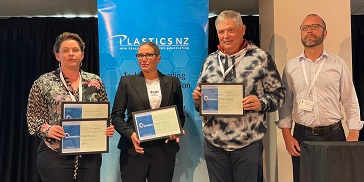
![Pollution caused by [ your company] in transit](/images/PNZ_Images/Environmental_/OPCSW/OCS_Freight_Pellets_Inner.jpg)
